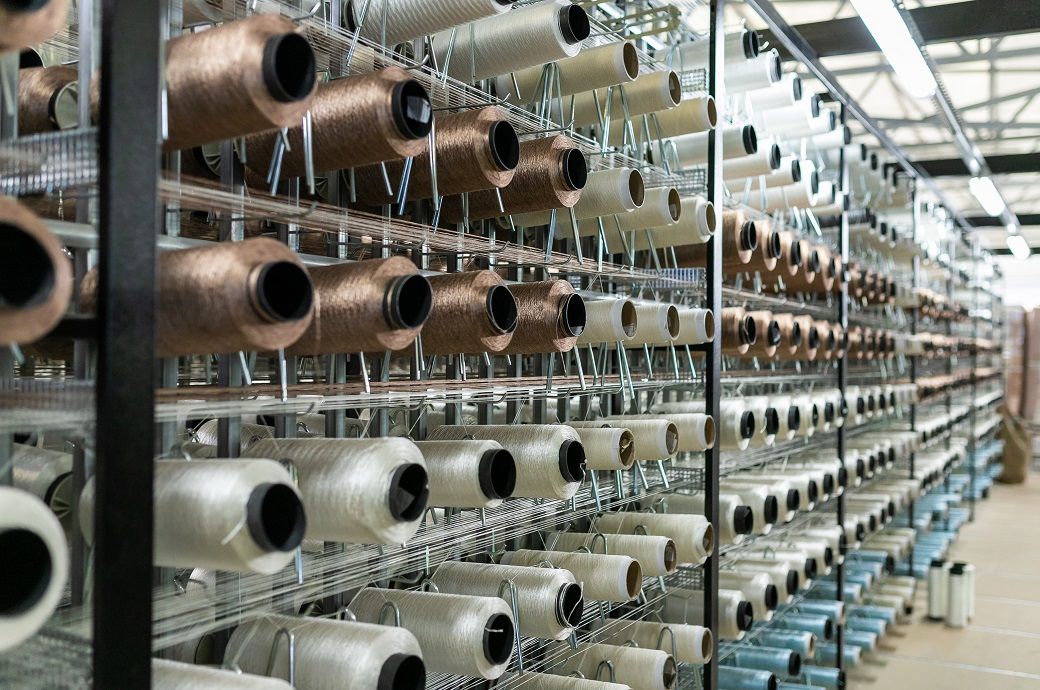
Within the euro area, production of durable consumer goods declined by 2.2 per cent. Conversely, intermediate goods and non-durable consumer goods witnessed a slight increase in production, growing by 0.2 per cent and 0.4 per cent respectively. Energy production also surged by 1.6 per cent.
In the broader EU, production of durable consumer goods decreased by 1.9 per cent. Non-durable consumer goods also saw a decline, albeit a lesser one at 0.8 per cent. Meanwhile, there was a marginal growth in the production of intermediate goods and energy, by 0.1 per cent and 1.5 per cent respectively, as per Eurostat.
Among individual member states, Denmark registered the highest decline in production at 9.1 per cent, followed by Ireland at 6.6 per cent. Sweden noted the most significant growth with a 5.1 per cent increase, followed by Malta and Hungary with 3.4 per cent and 2.9 per cent respectively.
Comparing the figures from July 2023 with those of July 2022, the production of durable consumer goods witnessed the most substantial reduction, falling 6.7 per cent in the euro area and 7.3 per cent in the EU. Energy production also decreased significantly, falling by 5.7 per cent in the euro area and a more substantial 7.4 per cent in the EU. Non-durable consumer goods also rose by 0.5 per cent in the EU.
Looking at individual states, Bulgaria saw the most considerable annual dip with an 11.5 per cent decrease, followed closely by Estonia and Latvia with decreases of 9.5 per cent and 8.6 per cent respectively. Meanwhile, Denmark led the way in terms of growth, registering a 5.7 per cent increase, with France and Malta also noting increases of 2.8 per cent and 2.3 per cent, respectively.
ALCHEMPro News Desk (DP)
Receive daily prices and market insights straight to your inbox. Subscribe to AlchemPro Weekly!